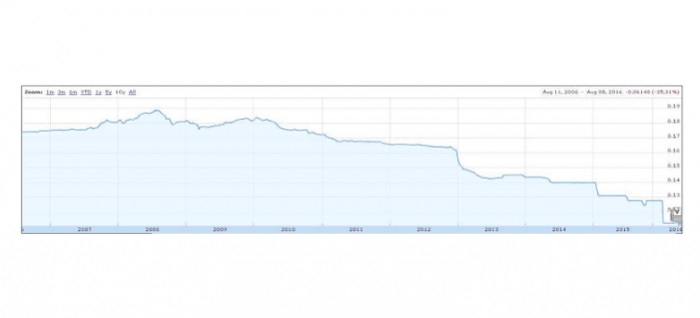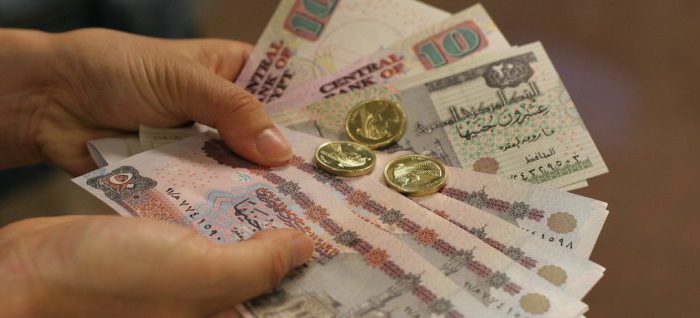OXCON has joined a number of other organisations in the #KeepItOn coalition in sending a letter to the Somaliland authorities and presidential candidates, expressing concern regarding the internet shutdown during the elections. The full text of the letter can be found below, and a downloadable PDF here.
To: The Somaliland National Electoral Commission
To: The Honorable Ahmed M. Mohamoud Silanyo, President of the Republic of Somaliland
Cc: The Presidential candidates:
Muse Bihi Abdi, KULMIYE (Peace, Unity and Development Party)
Faisal Ali Warabe, UCID (Justice and Welfare Party)
Abdirahman Mohamed Abdullahi Irro, Waddani (National Party)
Re: Internet shutdown during Somaliland presidential elections
Your Excellencies,
We are writing to urgently request that you ensure the stability and openness of the internet. We have received reports that the National Electoral Commission called for social media platforms to be shut down during the upcoming presidential elections. On behalf of the more than 140 organizations from over 50 countries that make up the #KeepitOn Coalition, we implore you to keep the internet on.
Internet shutdowns harm human rights and economies
Research shows that internet shutdowns and violence go hand in hand. [1], [2] Shutdowns disrupt the free flow of information and create a cover of darkness that shields human rights abuses from public scrutiny. Journalists and media workers cannot contact sources, gather information, or file stories without digital communications tools. Justified for various reasons, shutdowns cut off access to vital information, e-commerce, and emergency services, plunging whole communities into fear. Disruptions also destabilize the internet’s power to support small business livelihoods and to drive economic development. A 2016 study by the Brookings Institution, a prominent think tank, revealed that shutdowns drained $2.4 billion from the global economy between 2015 and 2016. [3]
The open Internet has fostered unprecedented creativity, innovation, and access to information and to other kinds of social, economic, cultural, and political opportunities across the globe. The technical means used to block access to information online often dangerously undermine the stability and resiliency of the Internet. Internet shutdowns must never be allowed to become the new normal.
Internet shutdowns violate international law
A growing body of findings and resolutions hold that intentional disruptions to the internet violate international law. In July 2016, the United Nations Human Rights Council passed, by consensus, a resolution on freedom of expression and the internet with unambiguous language on internet shutdowns and other restrictions on freedom of expression online. Resolution A/HRC/RES/32/13:
condemns unequivocally measures to intentionally prevent or disrupt access to or dissemination of information online in violation of international human rights law and calls on all States to refrain from and cease such measures.
The Council sent a clear message that the blocking and throttling of networks, applications, and services that facilitate human rights is unacceptable behavior.
Experts from the United Nations, Organization for Security and Co-operation in Europe (OSCE), Organization of American States (OAS), and the African Commission on Human and Peoples’ Rights (ACHPR), also issued an historic statement declaring that internet “kill switches” can never be justified under international human rights law, even in times of conflict. [4]
In November 2016, the African Commission on Human Rights and Peoples’ Rights adopted a resolution on the right to freedom of information and expression on the internet in Africa, which noted its concern over “the emerging practice of State Parties of interrupting or limiting access to telecommunications services such as the Internet, social media and messaging services, increasingly during elections.” ACHPR/Res. 362(LIX)
The UN Human Rights Committee, the official interpreter of the International Covenant on Civil and Political Rights, emphasizes in its General Comment no. 34 that restrictions on speech online must be strictly necessary and proportionate to achieve a legitimate purpose. [5] Shutdowns, by contrast, disproportionately impact all users, and unnecessarily restrict access to information and emergency services communications during crucial moments. Shutdowns are neither necessary to, nor effective at, achieving a legitimate aim, as they block the spread of information, contribute to confusion and disorder, and obstruct public safety. Shutdowns are neither necessary to, nor effective at, achieving a legitimate aim, as they often spread confusion and encourage more people to join public demonstrations.
Recommendations
We respectfully request that you use the important positions of your good offices to:
- Ensure that the internet, including social media, remains on
- Publicly declare your commitment to keep the internet on, and to notify the public of any disruptions
- Encourage telecommunications and internet services providers to respect human rights through public disclosures on policies and practices impacting users.
We are happy to assist you in any of these matters.
Sincerely,
Access Now
Bahrain Watch
Campaign for Human Rights and Development International
Human Rights Centre
Internet Sans Frontières
KICTANet
Open Observatory of Network Interference (OONI)
OXCON
Paradigm Initiative
PEN America
Right2Know Campaign
SFLC.in
Sunlight Foundation
Notes:
[1] An internet shutdown is defined as an intentional disruption of internet or electronic communications, rendering them inaccessible or effectively unusable, for a specific population or within a location, often to exert control over the flow of information. See more at <https://www.accessnow.org/keepiton;
[2]Anita R. Gohdes, ‘Pulling the Plug: Network Disruptions and Violence in the Syrian Conflict’ (Journal of Peace Research: 31 January 2014) <http://www.anitagohdes.net/uploads/2/7/2/3/27235401/gohdes_synetworkaug14.pdf; accessed 18 February 2016.
[3] Darrell West, (Brookings Institution, October 2016) “Internet shutdowns cost countries $2.4 billion last year” <https://www.brookings.edu/wp-content/uploads/2016/10/intenet-shutdowns-v-3.pdf
[4] Peter Micek, (Access Now, 4 May 2015) ‘Internet kill switches are a violation of human rights law, declare major UN and rights experts’ <https://www.accessnow.org/blog/2015/05/04/internet-kill-switches-are-a-violation-of-human-rights-law-declare-major-un
[5] UN Human Rights Committee (UN, July 2011) “General Comment No. 34” <http://www2.ohchr.org/english/bodies/hrc/docs/GC34.pdf




